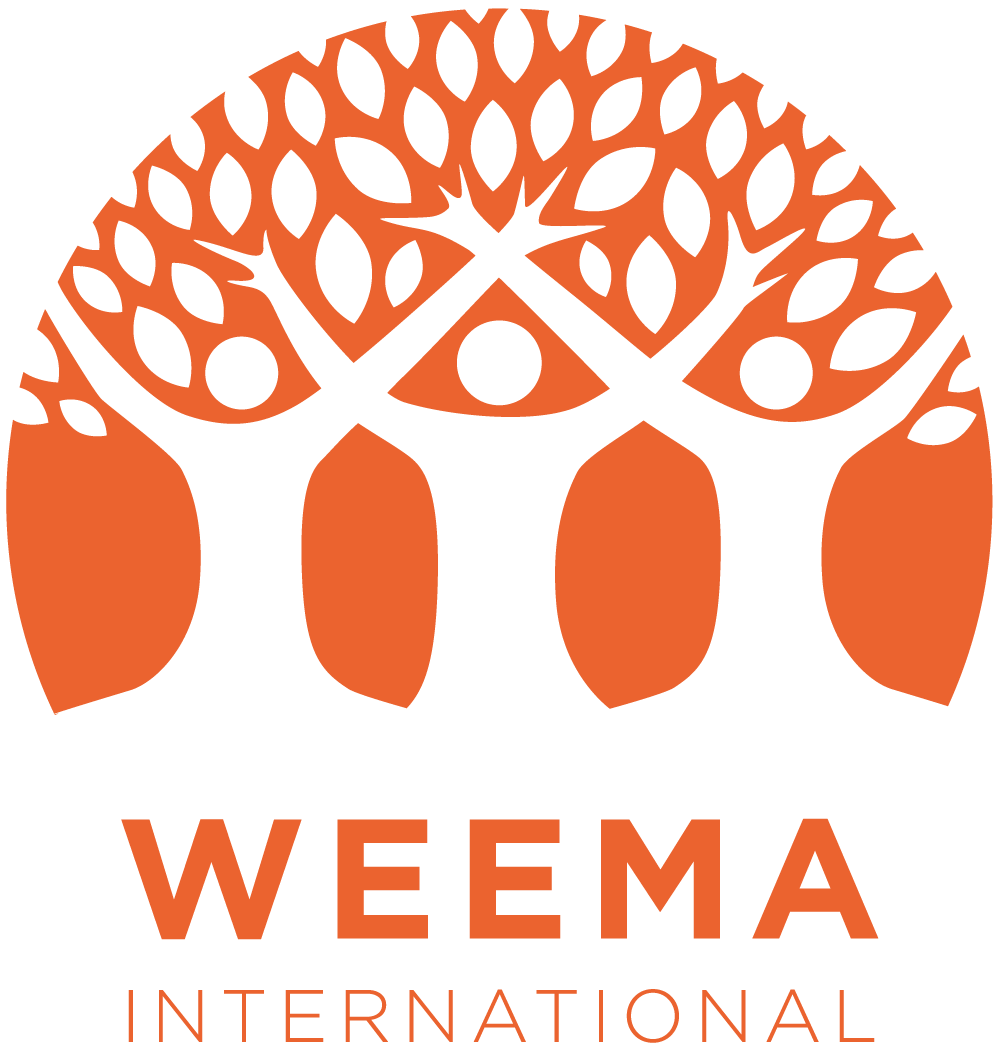Beekeeping
THE ISSUE
Beekeeping, or apiculture, holds a special place in Ethiopia due to the country's rich biodiversity and long-standing cultural traditions. Home to more than ten species of honeybees, Ethiopia is the leading honey and beeswax producer in Africa and the 10th largest in the world.
Beekeeping serves as a significant supplementary income source for many rural Ethiopian households, contributing to their food security and economic resilience. It also plays a pivotal role in supporting local ecosystems. Bees are vital pollinators, and by transferring pollen from one flower to another, they promote biodiversity and contribute to the health and productivity of local flora.
In rural Ethiopia, traditional beekeeping practices have been passed down through generations. These practices involve using local materials such as bamboo, mud, and cow dung to construct hives, which are usually cylindrical in shape. These hives are often hung from trees or placed in sheltered areas away from direct sunlight and rain. Harvesting is typically done twice a year, during the long and short rainy seasons when the bees collect nectar from a variety of flowering plants. The honey is harvested using simple tools such as wooden sticks and leaves, and smoke is often used to pacify the bees. However, these methods also have limitations that can lower production yields and be damaging to bee colonies. In traditional beekeeping, bees are often killed during honey harvesting, and the combs, which contain both honey and bee larvae, are usually destroyed, thereby affecting the sustainability of the hive.
With support from non-profit organizations, research institutions, and government programs, there is a growing trend toward modern beekeeping methods in rural Ethiopia. Modern hives, like the Langstroth and Kenya Top Bar hives, are being introduced, and advanced apiculture training programs are equipping rural farmers with essential skills such as bee colony management, hive construction, and effective honey extraction methods that ensure the safety and health of the bees. This knowledge transfer has been instrumental in increasing honey yields while preserving local bee populations.
WEEMA’s COMMUNITY-LED INTERVENTION
WEEMA has supported more than 250 local beekeepers, nearly half of them women, with apiary training, improved hives (traditional, transitional and modern), essential honey and wax equipment, shelter construction, and business skills training. We are also supporting a dozen beekeeping cooperatives that are harvesting and selling large qualities of honey annually in the local markets.
BEEKEEPING LOG FRAME
(What is a log frame? A logical framework, often referred to as a log frame, is a planning tool used in international development to design, implement, monitor, and evaluate projects. It establishes a coherent structure to identify and express the project's goals, objectives, activities, inputs, outputs, outcomes, and impacts, while also defining the indicators for measuring success and identifying potential risks and assumptions. This framework fosters accountability and ensures that projects are effectively addressing identified needs and expected results.)
